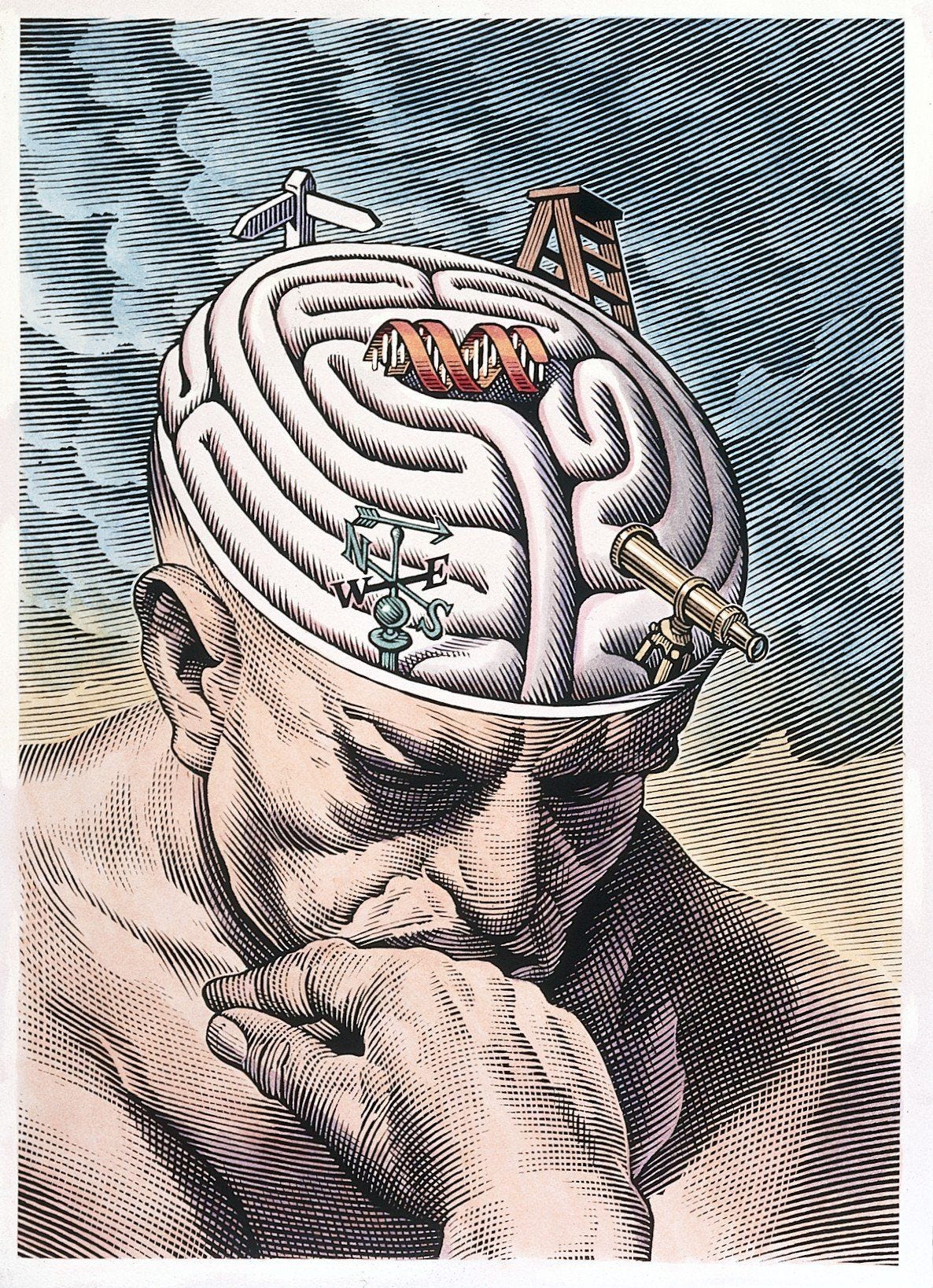Improving Focus and Concentration - Special Issue
Factors that may undermine attention and what you can do about them
Imagine it's Saturday morning. You settle down at your desk, determined to tackle your tax filings, a necessary and unexciting task early so that you can fully enjoy the IPL Cricket finals you have tickets for. Filing tax requires utmost concentration. Any wandering thoughts or a momentary lapse in attention could lead to financial errors and future headaches.
Despite being aware of these risks, your focus is constantly diverted. The neighbours blaring car alarm outside, the cat being chased by the dog in the room, and your phone buzzing with its latest social media alerts all vie for your attention. Moreover, your mind can't help but wander towards more engaging topics: the playing eleven for your favourite team for today's game, the weather forecast, and the decision of whether to order a Pizza or Chole Rice for your lunch.
While the specifics may vary, this scenario captures the dilemma of attention and distraction that we encounter daily. We aspire to concentrate, directing our attention solely towards our tasks and goals. However, distractions can easily derail us, causing us to lose focus and veer off track.
In its most extreme form, poor concentration can have fatal consequences, such as when a distracted driver causes a deadly accident. In the workplace, lack of focus can lead to serious issues, like a radiologist missing critical details when interrupted while examining an x-ray. Insufficient attention can impede learning, as important information fails to be stored in the brain's memory. The inability to prioritise tasks and maintain focus can disrupt your daily routine, sleep patterns, and long-term plans. Moreover, the sleep loss resulting from trying to compensate for lost time can further complicate the ability to concentrate.
Numerous factors can influence your concentration levels, including age, health, sleep deprivation, environment, and emotions. This newsletter will explore how these factors interact with the brain's circuitry, either enhancing or limiting your attention. Additionally, we'll discuss practical steps you can take in your everyday life to help sharpen your focus and maintain strong attention capabilities.
Attention serves as a fundamental cognitive process, intricately intertwined with reasoning, perception, problem-solving, and behaviour. It also plays a pivotal role in the initial stage of memory formation, as without attention, the event is unlikely to be encoded into memory. To embark on the journey towards improved focus and concentration, it is essential to gain insight into the intricate networks within the brain that enable us to direct our attention towards the current task.
At its core, attention is a biological process that occurs naturally, without the need for explicit learning. For instance, while driving, you instinctively sense danger when you hear a loud noise like a honking horn or screeching brakes. This type of attention is referred to as passive or "bottom-up" attention. It involves the brain automatically gathering and processing sensory information to form perceptions.
On the other hand, active or "top-down" attention arises when you intentionally focus on certain things while disregarding others, relying on prior knowledge or expectations. Think of it as a concentrated beam of light illuminating a specific area. This aspect of attention is also known as focused attention, selective attention, or concentration. For example, reading a book in a crowded bus requires this form of attention.
Barriers to Focus
The first step to improving your power of concentration is to take a look at the factors that may be interfering with your brain’s ability to focus effectively.
Poor Quality Sleep: Consistently obtaining high-quality sleep is crucial for maintaining overall health. Our bodies depend on regular sleep to support essential brain functions. Sleep plays a role in regulating our immune system, heart and blood vessels, mood, and hormonal balance. It facilitates the consolidation of learning and the encoding of new memories. Furthermore, sleep is vital for regulating attention, as it provides the brain with necessary "downtime" to process and integrate the information acquired during waking hours. A night of inadequate sleep can significantly impair your ability to concentrate and focus the following day
Digital Distractions: In today's digital age, we find ourselves immersed in a world where the constant presence of technology presents both benefits and challenges. Our smartphones, in particular, can hinder our ability to stay focused on tasks. The notifications from our phones serve as obvious distractions. Simply hearing the sound or feeling the vibration can interrupt our concentration, even if we don't take the time to view the message. Once we engage with the phone, such as answering a call, it's easy for our attention to wander towards other phone-related activities like checking emails. Icons, bright colours, and catchy tunes further enhance the allure of various apps, making it even harder to divert our focus from them.


